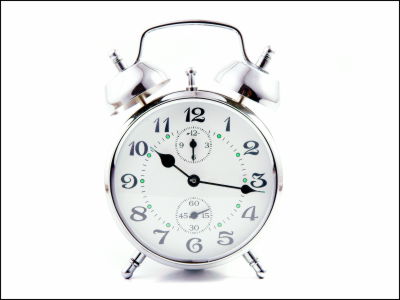An embedded microchip is under development to freely control sleep by investing 3.6 billion yen

Ensuring an appropriate sleep rhythm is an important issue for those who work irregularly during the day and at night, and for those who travel to areas with different time zones. A research team at
Implantable'living pharmacy' could control body's sleep / wake cycles --Northwestern Now
https://news.northwestern.edu/stories/2021/05/implantable-living-pharmacy-could-control-bodys-sleepwake-cycles
This Implant Could One Day Control Your Sleep and Wake Cycles | Innovation | Smithsonian Magazine
https://www.smithsonianmag.com/innovation/this-implant-could-one-day-control-your-sleep-wake-cycles-180977983/
Living Pharmacies Could Remedy Disrupted Sleep --NEO.LIFE
https://neo.life/2021/07/living-pharmacies-could-remedy-disrupted-sleep/
Although it is possible to regulate sleep rhythms with sleeping pills, there are problems that taking sleeping pills causes side effects such as headaches and fatigue, and that it is difficult for soldiers during military operations to carry sleeping pills. The technology devised this time solves the problem of portability by using a method of implanting a microchip in the body that can purify peptides that affect the regulation of sleep rhythm.

The peptide-producing part of

In the academic field of optogenetics used in this microchip, methods for controlling the cells of many types of animals have already been established. 'Optogenetics can theoretically control all substances produced by cells,' said Jonathan Ribeney, a member of the research team. It shows the possibility that it can be applied to applications other than the regulation of sleep rhythm.
Also, according to Josiah Hester, a member of the research team, the microchip under development stores data locally and is strict on smartphones so that others cannot hack and manipulate sleep rhythms. It is said that measures such as requesting certification are being taken. In addition, Hester pointed out that sleep data is sensitive, saying, 'If Apple or Microsoft wants to integrate a device under development into a product, social discussion about data storage is needed. It will be. '
Related Posts:







